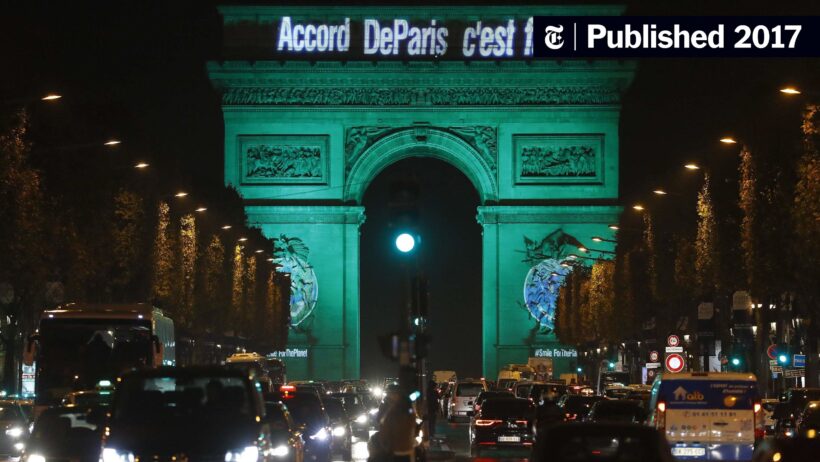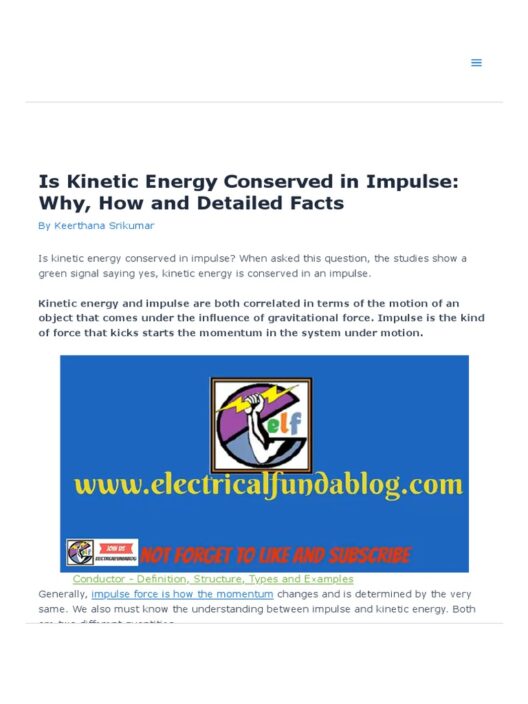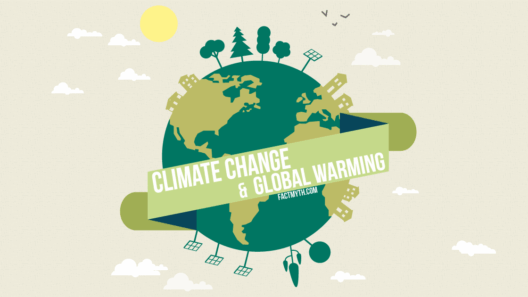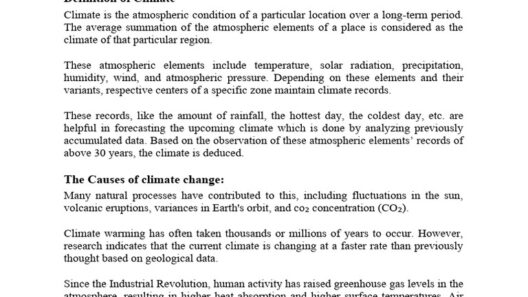The Paris Climate Accord, formally known as the Paris Agreement, has become a focal point in the global conversation on climate change. This international treaty aims to substantially reduce greenhouse gas emissions, thereby limiting global warming to well below 2 degrees Celsius, with an aspirational target of not exceeding 1.5 degrees Celsius. But what drives this monumental effort, and why is the Accord so pivotal in the fight against climate change? Delving into the intricacies of the Paris Climate Accord reveals not only its significance but also the broader implications it holds for global cooperation, environmental sustainability, and societal resilience.
Historical Context: The Catalyst for Change
The genesis of the Paris Climate Accord can be traced back to a dire urgency felt by scientists, policymakers, and activists alike. In the early 2000s, mounting evidence of climate-related disasters—a litany ranging from ravaging wildfires to catastrophic hurricanes—urged nations to confront the undeniable reality of climate change. The 2009 Copenhagen Conference marked a pivotal moment, where countries gathered, yet failed to establish robust commitments. It became abundantly clear that a new framework was desperately needed, one that not only fostered inklings of solidarity but also held nations accountable for their carbon footprints.
This framework materialized during the COP21 summit held in Paris in December 2015. Here, nearly 196 nations convened with an audacious ambition: to facilitate a collective action plan against climate change that transcended political and economic divides. The result was a comprehensive agreement that espoused participation from both developed and developing nations, recognizing the shared responsibility in tackling climate crises.
Understanding the Core Objectives
The Paris Climate Accord is underpinned by several key objectives that aim for both mitigation and adaptation strategies. Central to its mission is the commitment to limit global temperature rise, which poses existential threats to ecosystems, human health, and economic stability globally. However, the Accord transcends semantics; it establishes a framework of national contributions known as Nationally Determined Contributions (NDCs). Each country is required to articulate its emissions reduction plan, reflecting its unique circumstances, capacities, and national priorities.
Moreover, the Accord emphasizes the need for enhanced transparency and accountability. This is essential to avoid what some critics refer to as “greenwashing,” where nations may overstate their commitments while underdelivering in practical terms. The Paris Agreement incorporates a mechanism for reporting progress and encourages countries to ramp up their pledges every five years, creating a pathway for ongoing improvements and shared learning.
Moreover, the Accord dedicates efforts to support vulnerable communities that bear the brunt of climate impacts. Recognition of climate adaptation strategies is paramount, as developing nations often lack the resources to combat climate vulnerabilities. Financial assistance plays a critical role, with developed nations promising $100 billion annually by 2020 to facilitate climate action in developing countries, aiding in adaptation and technology transfer.
Catalysts for Deeper Engagement: Comprehensive Participation
The Paris Climate Accord uniquely distinguishes itself with the principle of inclusivity, requiring participation from nations across diverse economic spectra. This participatory philosophy plays on the observation that climate change is a multifaceted issue, requiring a collaborative response. Countries with varying economic capabilities contribute in a manner suitable to their specific circumstances, fostering a sense of ownership in the struggle against climate change. It builds a coalition, not only of governments but also of businesses, civil societies, and indigenous communities, all of whom have critical roles to play.
This broad engagement is profound; it challenges the traditional dichotomy between developed and developing nations. The shared narrative of the Accord fosters a renewed sense of global citizenship and conscientious stewardship of our planet. Importantly, it recognizes the ethical implications of climate change, wherein those who contribute least to emissions often face the direst consequences. This realization fuels moral accountability and advocacy for social equity in climate discourse.
Challenges and Criticisms: The Road Ahead
Despite its commendable aspirations, the Paris Climate Accord has encountered numerous challenges since its inception. Critiques often focus on the non-binding nature of NDCs, resulting in concerns regarding the efficacy of national commitments. While countries are encouraged to meet their pledges, the absence of legal repercussions for non-compliance can undermine the Accord’s integrity and commitment levels.
In tandem, geopolitical dynamics complicate the landscape. Changes in political leadership, particularly in major emitting nations, can lead to drastic shifts in climate policy. The withdrawal of some countries from the Accord might instigate a ripple effect, prompting other nations to reconsider their commitments. This reality underscores the necessity for renewed international discourse and robust diplomatic efforts to enhance global cooperation and reaffirm mutual accountability.
Looking Forward: A Shared Future
As we venture further into the 21st century, the Paris Climate Accord stands not just as a treaty but as a symbol of collective ambition and hope. Its impacts will reverberate through future generations. By galvanizing global engagement towards tangible climate action, it sets the stage for a more sustainable, equitable, and resilient planet. As communities, nations, and individuals navigate the challenges of climate change, the Paris Accord embodies the belief that our planet’s future hinges on our capacity to work collaboratively and embrace transformation.
In conclusion, the Paris Climate Accord exemplifies a watershed moment in global environmental governance. It is a clarion call to unite against a common foe, insisting that comprehensive, inclusive, and sustained action is imperative. As the climate crisis intensifies, the Accord will remain a critical touchstone in shaping our collective response, urging humanity to look beyond immediate concerns and towards the shared legacy of a thriving Earth for all.








